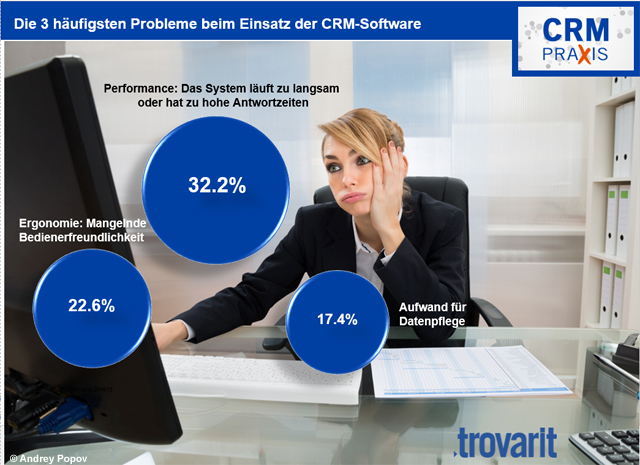Der Markt für Enterprise Content (ECM) bzw. Dokumentenmanagementsysteme (DMS) bleibt nach wie vor auf Wachstumskurs. Aktuelle Befragungen zeigen, dass Unternehmen weiterhin kräftig in ECM / DMS investieren wollen.
Im DMS-Markt agiert eine Vielzahl mittelständisch geprägter Softwarehäuser, welche mit den unterschiedlichsten Begriffen werben: Neben ECM und DMS findet man weitere Akronyme wie EIM, BPM usw. Das Leistungsversprechen kann sich dabei in manchen Bereichen deutlich unterscheiden.…



 When businesses “go international” they do this to open new markets, accelerate growth and increase profitability. But to take advantage of these opportunities, they must be able to master quite a number of new challenges: They must manage financial operations across countries with different currencies, for example, different tax laws, and reporting and oversight requirements.…
When businesses “go international” they do this to open new markets, accelerate growth and increase profitability. But to take advantage of these opportunities, they must be able to master quite a number of new challenges: They must manage financial operations across countries with different currencies, for example, different tax laws, and reporting and oversight requirements.…